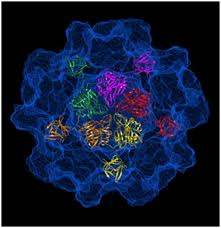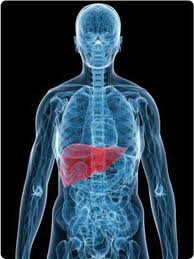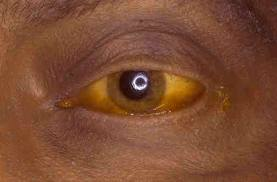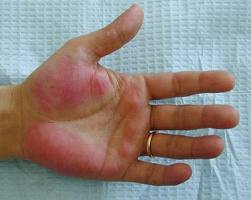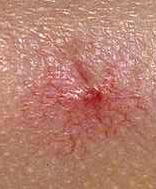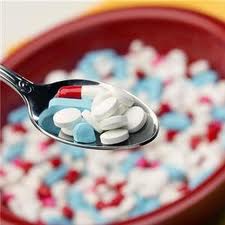 There was an article in the Baltimore Sun a couple of weeks ago that discussed screening for hepatitis B and C. Approximately 600 million people around the world and five million people in the U.S. are infected with viral hepatitis. According to the Annals of internal Medicine, the CDC reports that there are more deaths attributed to HCV than HIV in the U.S.
There was an article in the Baltimore Sun a couple of weeks ago that discussed screening for hepatitis B and C. Approximately 600 million people around the world and five million people in the U.S. are infected with viral hepatitis. According to the Annals of internal Medicine, the CDC reports that there are more deaths attributed to HCV than HIV in the U.S.
The Baltimore doctor believes that ideally, everyone should be tested for hepatitis B and C. Although he is not alone in his thinking, there are many physicians that may not be as aware of the need for screening, and even those in high risk groups may be inadvertently missed. And should a physician decide to screen, there is no ICD code, or International Classification of Diseases code for high-risk based HCV or HBV screening. Insurance companies use these codes to determine if services and payment is warranted. An insurance company may actually deny payment for HBV or HCV testing if they do not believe there is a valid reason for screening. For example, elevated ALT levels might prompt a physician to “legitimately” screen for viral hepatitis. There is also no problem with ICD codes if you are already diagnosed with HBV or HCV, but you can’t readily be screened using a convenient code. Viral hepatitis does not discriminate. There are certainly high risk groups where HBV or HCV may be more prevalent, but that should not discourage a doctor from screening a patient if she feels it is warranted.
How might a doctor get around a lack of adequate diagnostic codes? We asked a physician who cares for Asian-Americans. This group is at particular risk for HBV infection and should be screened whether they have elevated ALTs or not. He circumvents the lack of an official ICD code with a work-around. He uses the “CMS code V15.85 – Contact with and (suspected) exposure to potentially hazardous body fluids”. This works, but some physicians may not be as comfortable as others with this work-around. Sadly, this likely equates to fewer across-the board screenings for hepatitis B and C.
New HCV testing recommendations are to be released sometime this year by the CDC, and the US Preventive Services Task Force will weigh in on the HCV screening debate as well. Thus, there might be an ICD code for routine HCV screening code available in the near future. Despite established HBV screening guidelines, there are currently no ICD codes for routine HBV screening and to my knowledge, none are to be proposed. Would more patients be routinely screened for HBV if the process were more straight forward? Probably. It is unfortunate that an important screening may be impeded by the lack of a simple diagnostic code. Naturally this is not the only problem, but it is one that should be easy to resolve.
If you think you are at risk for HBV, or wish to be screened for HBV, please tell your doctor that you want to be sure about your HBV status. If you insist, I’m sure he will comply with your wishes and work around any issues regarding inadequate diagnostic screening codes for hepatitis B. Speak up and be your own advocate!




